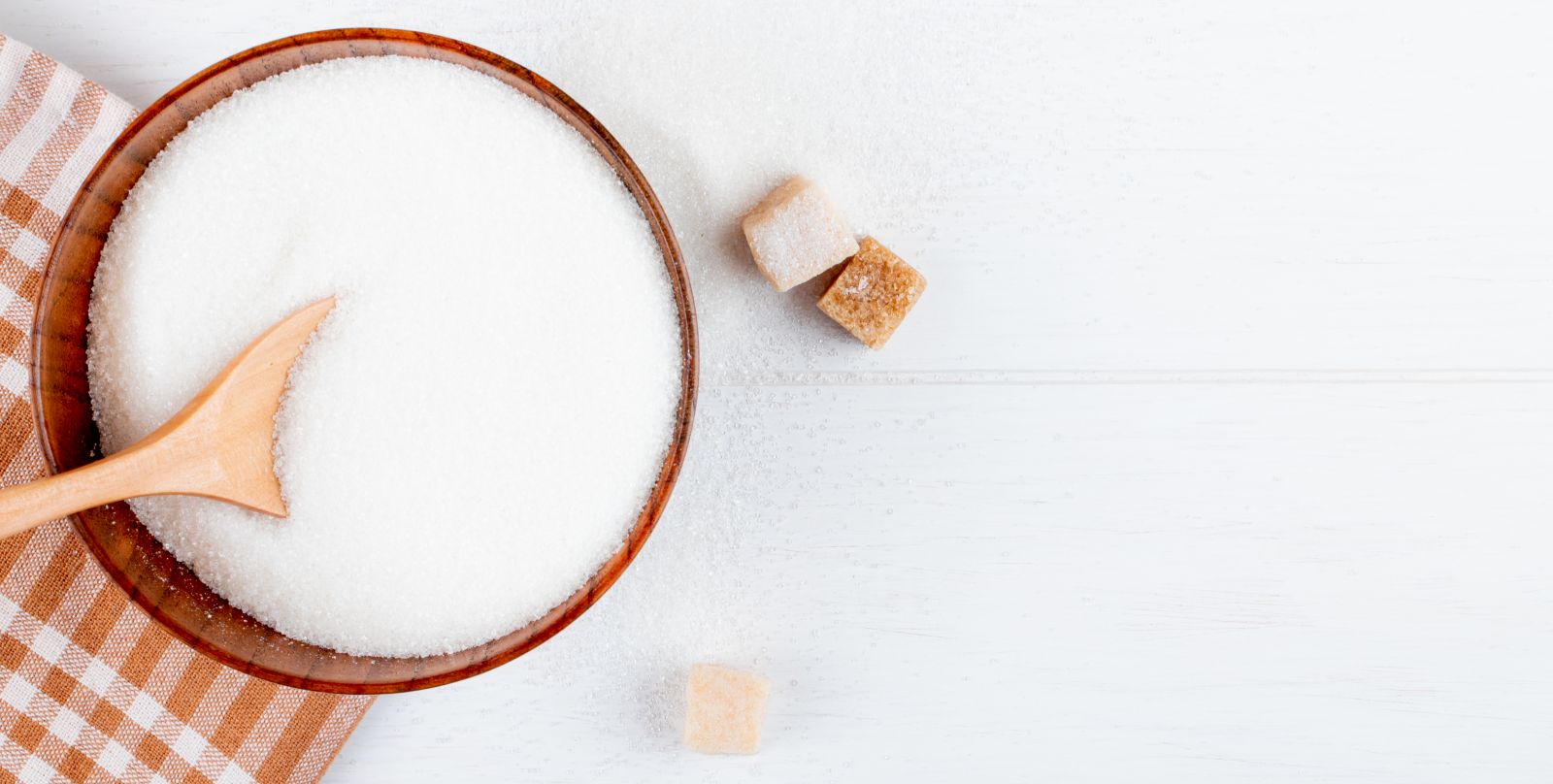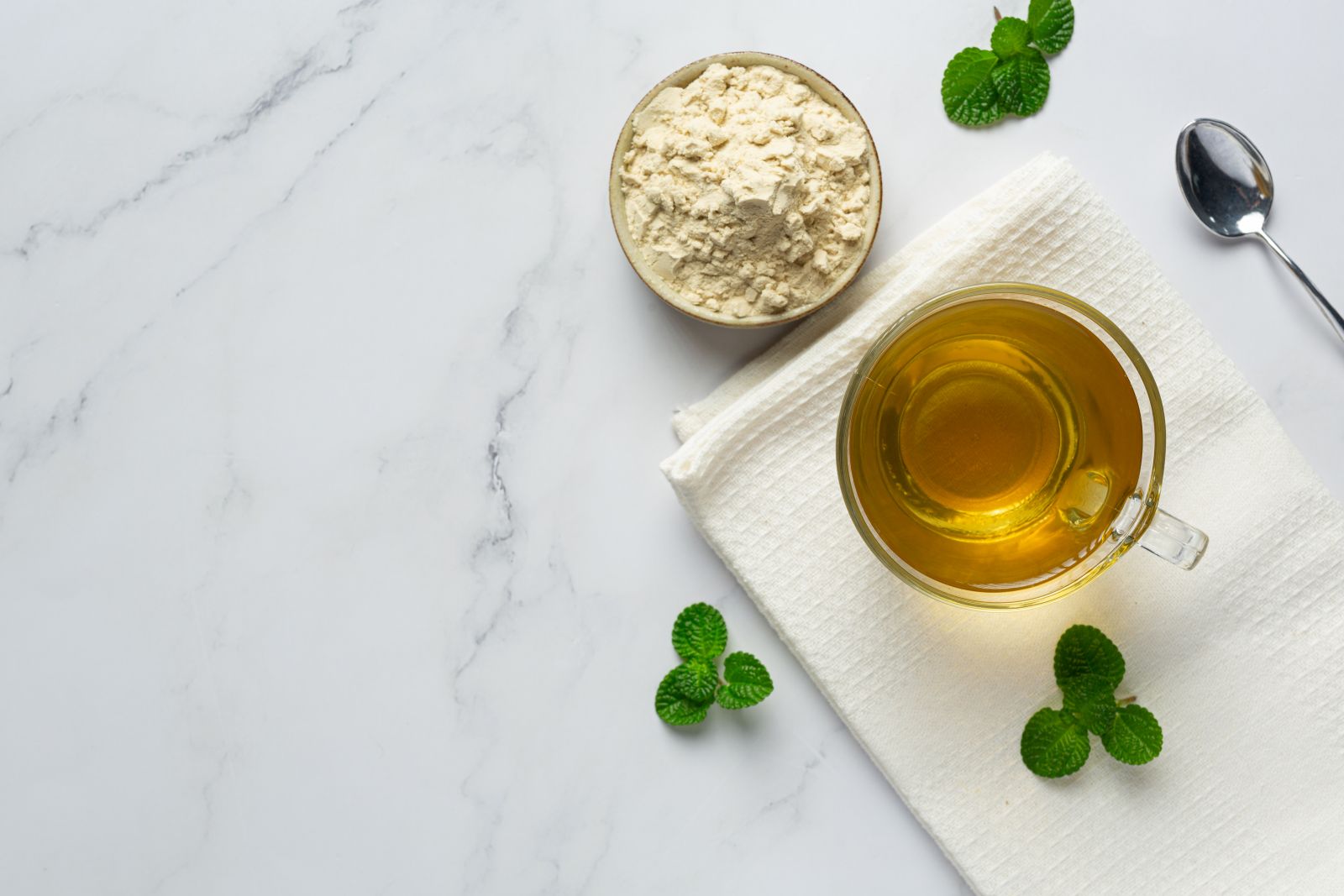Sugar has become a part of daily consumption. It's not 100?dfor health because the body needs sugar to function. However, added sugars can increase various health risks. So, should they be replaced with other alternatives? Possibly, but we also need to understand which ones are suitable and which are not. Here is an explanation.
Sugar Is Not 100?dfor Health
In general, sugar is not inherently bad. It is actually necessary for the body as fuel. Carbohydrates in food are processed by the body into glucose (sugar). Body cells then draw glucose from the bloodstream and use it as fuel and energy. Therefore, eliminating natural sugar sources and other carbohydrates from the diet is not a healthy option.
However, we can make wise choices regarding the sources of daily sugar intake in our food. Natural sugars are those naturally found in foods, such as fruits, dairy products, and grains. On the other hand, added sugars are those added during food processing, such as in donuts, bread, candy, soda, packaged drinks, packaged juices, and even condiments like ketchup and barbecue sauce.
These hidden sugars cause excessive daily sugar intake without offering comparable benefits. Consuming too much added sugar can lead to health problems, such as elevated blood sugar levels, insulin resistance, type 2 diabetes, increased triglycerides, obesity, and dental issues like cavities.

Alternatives to Granulated Sugar
Sugar alternatives are substances that taste sweet but do not contain granulated sugar. They are often labeled as “sugar-free” or “low sugar” in products. Generally, they are grouped into four categories. Here is a brief explanation:
1. Natural Sweeteners
Natural sweeteners are substances typically used to add sweetness but are not granulated sugar. Examples include honey, maple syrup, and nectar. Although they are natural, they tend to be high in calories. Therefore, similar to granulated sugar, their consumption should still be limited.
2. Artificial Sweeteners
Artificial sweeteners are made from chemicals in a laboratory or from natural substances like herbs. They are usually hundreds of times sweeter than granulated sugar, contain no calories, but also do not provide beneficial nutrients like fiber, vitamins, minerals, or antioxidants. Their use is regulated by the U.S. Food and Drug Administration (FDA). Examples include acesulfame potassium (Ace-K), aspartame, saccharin, neotame, advantame, and sucralose. These sweeteners are often used by those needing to control blood sugar levels and body weight, though they should not be consumed excessively.
3. Sugar Alcohols
Sugar alcohols are similar to artificial sweeteners and are widely used in processed foods. They are not as sweet as artificial sweeteners but can add texture and flavor. Examples include erythritol, isomalt, lactitol, maltitol, sorbitol, and xylitol, which must be listed on nutrition labels. However, they can cause gastrointestinal issues such as bloating, gas, and diarrhea.
4. Novel Sweeteners
Novel sweeteners are new sweeteners derived from natural sources and contain no calories, thus not causing blood sugar spikes or weight gain. These sweeteners are minimally processed and more closely resemble natural sources than artificial sweeteners. Examples include stevia, allulose, tagatose, and monk fruit.

Sugar is not entirely bad; it is needed by the body, but avoid consuming it excessively. Sugar alternatives include natural sweeteners, artificial sweeteners, sugar alcohols, and novel sweeteners. However, it is important to remember that everyone has different needs and health conditions, so not all alternatives may be suitable.
Let's check your food intake on Newfemme!

